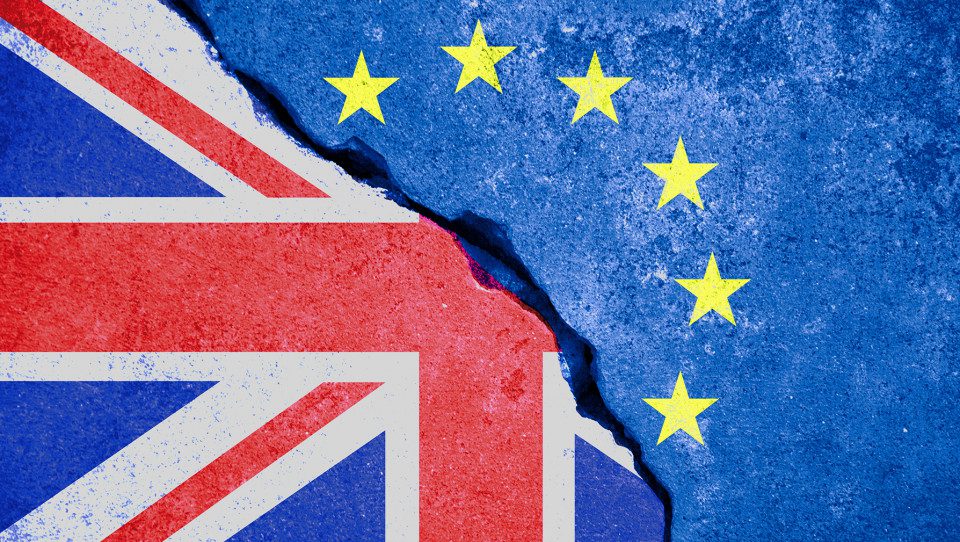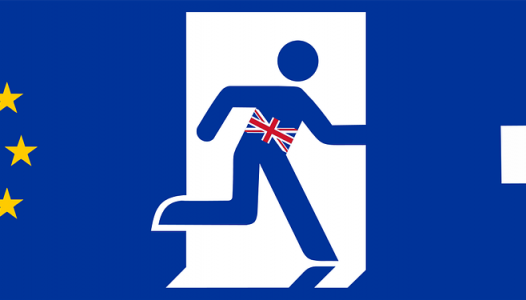The UK will soon stop being a part of the EU single market customers union once the transition period is set to end on 31 December 2020. From 1 January 2021, changes will take place on how the UK will continue to trade with the European Union as well as in the customs, safety and regulatory checks that occur at the UK-EU border. The EU from the end of the transition period onwards will begin regarding the UK as a third country and execute full controls on goods being exchanged between the UK and the EU. The UK is currently in the process of negotiating its future relationship with the EU, including trying to arrive at a free trade agreement (FTA). Much unlike the deadlines that came before, and paying little mind to the resulting outcome of the current negotiations, a big change will be taking place from 31 December and onwards.
Since the UK announced its intention to part ways from the EU back in 2016, the National Audit Office has reported four times on the UK border management, weighing in on the government’s readiness for leaving the EU without a deal. The report highlights the major risks surrounding systems development, infrastructure, resourcing and industry and trade preparedness.
Content, scope and structure of the report
Because of the continuous negotiations and the more extensive political setting, there have been numerous political improvements that relate to the EU exit and management of the border where departments have had to respond since the last report. The core reason for this recent report is to: outline how the government and departments have been making preparations to manage the UK-EU border once the transition period comes to an end; to outline their level of readiness to put their plans into effect; and to call attention to the key risks of the effective management and functionality of the border moving ahead of the transition period deadline. This information provided in the report draws from data available up to 30 October 2020.
The report is subsequently split into four parts:
- Part One: provides a rough idea of the background information to the preparations made for the end of the transition period and what the government’s plans are for the effective managing of the border
- Part Two: details the progress made towards putting into place the course of action needed to oversee the UK’s border beginning 1 January 2021
- Part Three: examines the advancements with putting into effect the Northern Ireland Protocol for 1 January 2021
- Part Four: probes into the progress made towards implementing the necessary steps for dealing with the UK border after the transition period has ended. This particular section also delves into some of the long-term issues of the management of the border that should be taken into account
Important remarks
Although the UK has very recently departed from the EU, the groundwork that has been laid to address the border from 1 January 2021 stays a challenge and have kept on being heavily affected by the continuous talks and greater political setting, and by the impact of the Covid-19 pandemic on both the government’s and businesses’ capacity to prepare. What makes this transition period deadline so different from the previous ones is that, paying little heed to the outcome of the talks on how the UK and EU’s future relationship will be cemented, changes will transpire. The government is getting ready for a very big change at the border starting 1 January 2021. The departments have developed on their no-deal planning and, although set back by the difficulties brought about by the Covid-19 pandemic, they have gained ground in recent months implementing the changes needed to systems, infrastructure and resources. Nonetheless, major risks still remain, specifically corresponding to the plans needed to implement the Northern Ireland Protocol. The government must keep zeroing in in its endeavours on settling the numerous outstanding practicalities related to both the UK and Northern Ireland working models and creating robust contingency plans if these cannot be settled in time.
It is highly improbable that all brokers, industry and third parties will be prepared for the end of the transition period, especially if the EU puts into effect its expressed intentions of introducing full controls at its border commencing from 1 January 2021. The government perceives that there will be disturbance and is outlining plans to oversee issues as they arise. It should react rapidly to try and limit their impact. It likewise should be aware of any increasing risks of pirating or other criminal activity which exposes gaps or irregularities in the functioning of the border. A risk does exist of widespread disturbance that could result at the time when the government and businesses continue to confront and deal with the effects of Covid-19.
The ever-increasing time pressure and risks mean that the government is putting forth a great deal of money to set in motion the preparation plans in areas such as port infrastructures and customs mediators, which would generally be provided by the private sector. The exceptional circumstance in which departments work in makes some component of extra spending inescapable, and it is correct and in the best interest that the government does what is fitting to reduce the risks felt. However, in spite of the funding provided by the government, great uncertainty remains on whether the preparations will be finished on time, and the resulting impact if they are not. A portion of this uncertainty could have been dodged, had the government tended to the issues sooner, such as growing the customs intermediary market, forming a solution for roll-on, roll-off (RORO) traffic, upscaling customs systems and deciding the prerequisites for infrastructure to implement a new compliance regime.
The National Audit Office’s full report can be found here: https://www.nao.org.uk/wp-content/uploads/2020/11/The-UK-border-preparedness-for-the-end-of-the-transition-period.pdf






